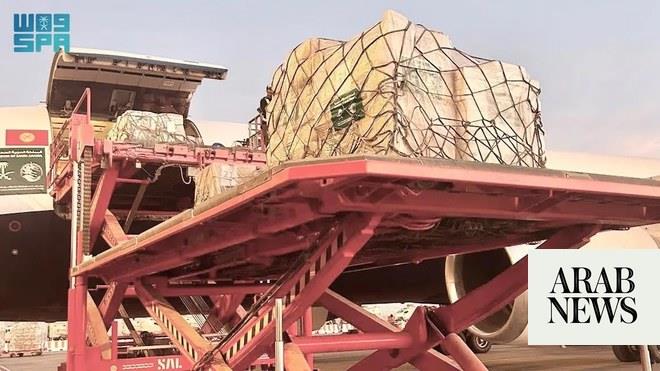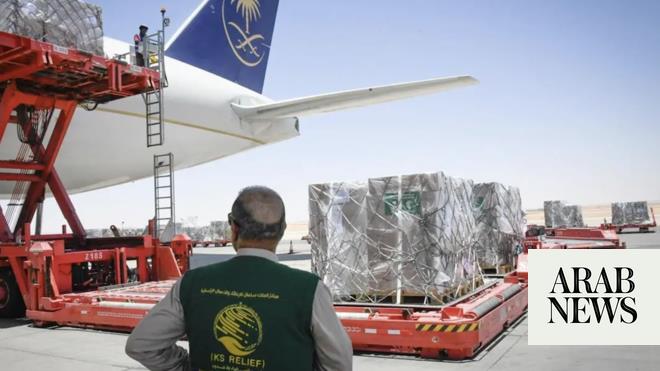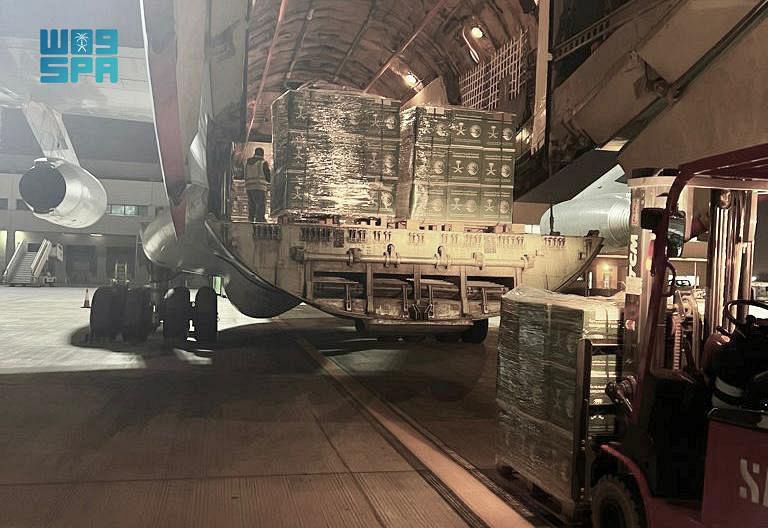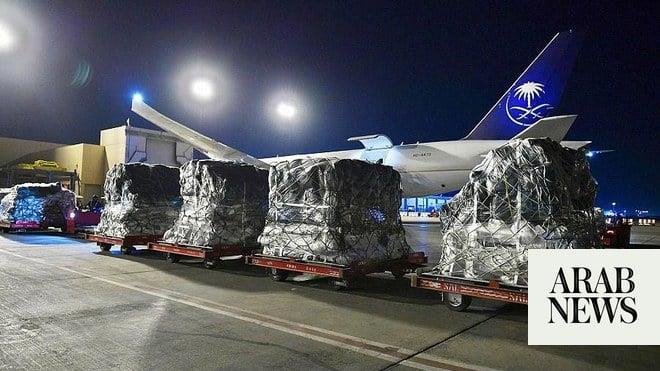
More than 3 years since deadly siege, 60,000 city residents still living in temporary shelters
MANILA: Saudi Arabia has sent nearly $500,000 in aid to the war-ravaged city of Marawi in the southern Philippines.
The relief money will be used to help residents buy food and other essentials, the Philippine Red Cross (PRC) said in a statement on Tuesday.
“The Kingdom, through the King Salman Humanitarian Aid and Relief Center (KSrelief), donated $495,865 to further expand our (PRC) humanitarian interventions to those most affected by the bloody 2017 Marawi siege,” the organization added.
With an estimated population of more than 200,000, Marawi City, capital of the Lanao del Sur province, came under attack by the pro-Daesh Maute group on May 23, 2017, resulting in a siege which lasted until October of that year.
The five-month battle between government forces and the militants left at least 1,200 militants, government troops, and civilians dead, while the once-bustling city was flattened, displacing more than 100,000 residents.
Three years on, since Marawi’s liberation from the Daesh-inspired groups, more than 60,000 residents continue to live in temporary settlements.
Several relief agencies and organizations have provided aid over the years, with the latest agreement signed between KSrelief and PRC on Nov. 30.
The initiative will see the distribution of 5,000 food baskets across Marawi City.
The deal between PRC’s chairman and senator, Richard Gordon, and KSrelief’s assistant supervisor general for operations and programs, Ahmed bin Ali Al-Baiz, was signed during a virtual event attended by KSrelief chief Dr. Abdullah Al-Rabeeah, Saudi Ambassador to the Philippines Dr. Abdullah Al-Basiri, and other Saudi officials.
Al-Rabeeah said Saudi Arabia and the Philippines had been strengthening diplomatic ties for some time. He highlighted a case in point from 2004 when, with Gordon’s help, he had carried out the successful separation of four-month-old Filipino conjoined twins in the first surgical feat of its kind for the Kingdom.
BACKGROUND
The five-month battle between government forces and the militants left at least 1,200 militants, government troops, and civilians dead, while the once-bustling city was flattened, displacing more than 100,000 residents.
Gordon said: “Certainly, an organization such as yours would not function well unless it had the leadership of people like you and I am glad to know that Dr. Abdullah Al-Rabeeah himself participated in the act of supreme humanitarianism by separating the conjoined twins.
“Not only do I appreciate and admire your skill, but your heart is good and in the right place. Certainly, humanitarian works uplift the dignity of the people and alleviate human sufferings.”
Gordon added that Saudi Arabia had helped the PRC on numerous occasions. “The aid that we are going to receive today adds to the already significant amount that the Kingdom of Saudi Arabia has given us.”
In the past decade, Saudi Arabia has supported 40 projects, amounting to more than $45 million, throughout the Philippines and the PRC said the Kingdom was “committed to continuing its support for the Philippines in times of need,” adding that to date, Marawi residents had “not recovered from the devastation brought by the conflict.”
Gordon said: “With the help of KSRelief, the PRC is ready to assist in the rehabilitation of Marawi City.”
The Kingdom’s latest assistance followed a visit to Marawi in October 2019 by Prince Mansour bin Saad Al-Saud, assistant secretary-general of the King Faisal Foundation.
During an interview with Arab News at the time, Filipino Ambassador to Saudi Arabia Adnan Alonto said the prince’s first trip to the country had been “aimed at analyzing the condition of Muslims in Marawi, helping with rehabilitation efforts, and the socio-economic development of the Lanao del Sur province.”
He also sought to see how his foundation could help the Mindanao State University (MSU), the King Faisal Center for Research and Islamic Studies, and the King Faisal Mosque. The MSU is the second-largest state university in the Philippines, with one of its colleges named after King Faisal.
Prince Mansour’s visit was an offshoot of a previous visit by Abdul Aziz Al-Sebail, secretary-general of the King Faisal Prize (KFP), in September last year. The KFP was launched by the King Faisal Foundation in 1979 to recognize the outstanding works of individuals and institutions in service to Islam, Islamic studies, Arabic language and literature, medicine, and science.












